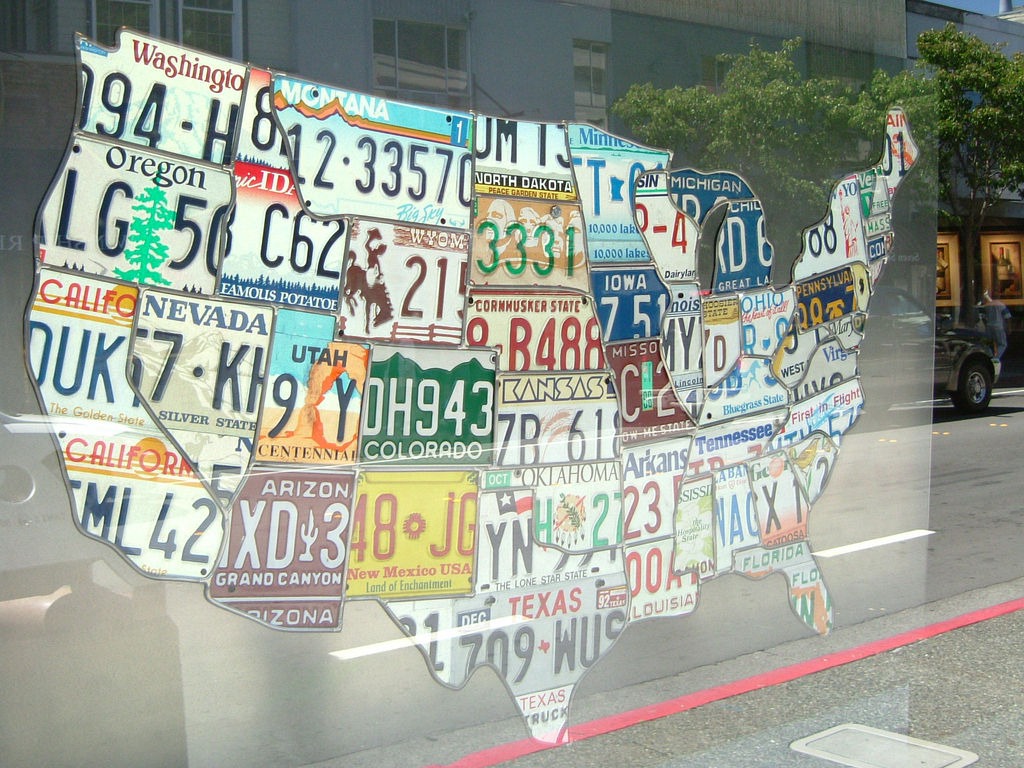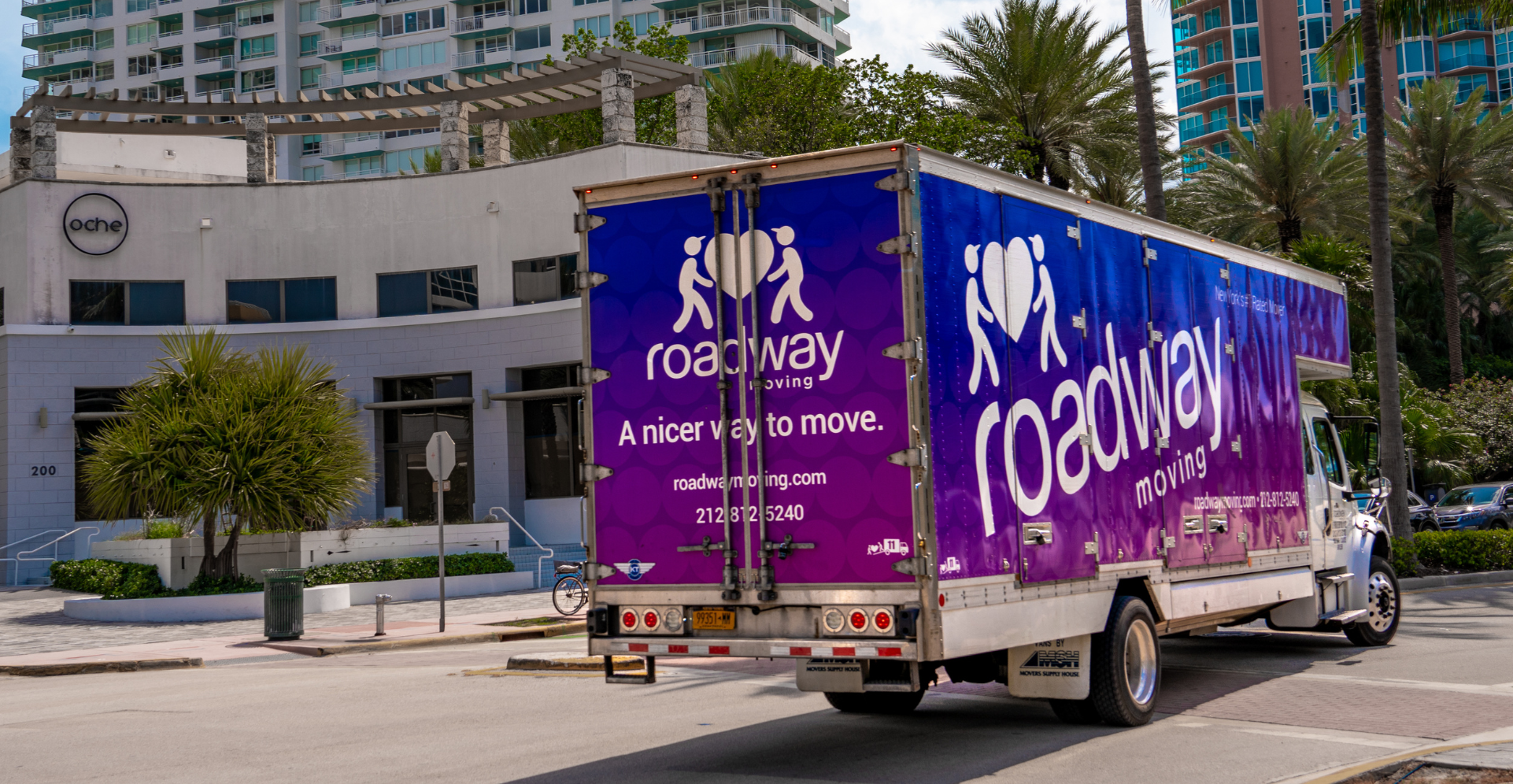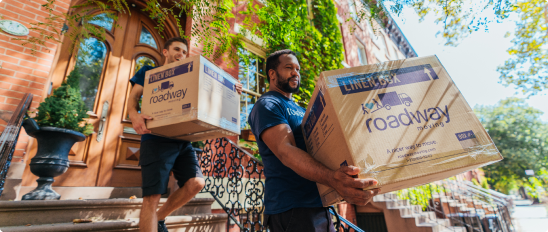Relocating Cross Country? Here’s How To!







A cross-country move for a new job, to be closer to family, or just for a new adventure is an exciting change to look forward to. While you may be dreaming of what life will be like in your new home, you’re likely dreading the actual moving process. Bubble wrap, endless cardboard boxes, and mountains of items to sift through can make the move overwhelming. Even more, when your move is across state boundaries the many moving parts involved require a great deal of attention and preparation to ensure a seamless transition. Fortunately, there are a number of simple steps you can take to prepare for your cross-country relocation.
1. Determine A Budget and Schedule
There’s no getting around it: moving is expensive. The moving supplies including boxes, packing tape, bubble wrap, packing peanuts, and more are just the tip of the iceberg. You likely need to hire a moving company, purchase one-way plane tickets, or prepare to pay for fuel to get the family car to your new home. Because there are so many potential costs associated with a cross-country move, one of the first steps to take is to set a budget. Setting a budget up-front will give you insight into just how much you’ll need to have in the bank to get you to your destination comfortably. Further, adding a bit of a cushion to your moving budget will help to prepare you for the likely unforeseen expenses that might pop up during your journey.
Once you have your budget set, consider using a calendar to map out a moving schedule. Write in tasks you want to have completed by a certain date, as well as reminders to take care of tasks such as cutting off utilities or updating your car insurance. By writing out all you have to care of in a visible way, you can better remain organized and on task, avoiding the dreaded pre-move all-nighters.
2. Hire a Moving Company
When moving cross country you have one of two choices to make when it comes to transporting your items. You can either reserve a moving truck and drive to your new destination yourself, or you can hire movers to make the long haul to your new home. If you choose to hire movers, it is important to do your research. Hiring a reputable moving company that is affordable, respects your schedule, and has a thorough and honest procedure for securely packing your valuables. Spend time browsing online reviews, and consider contacting references to hear first-hand accounts of working with the company you are considering. When requesting a quote from the movers, don’t be afraid to ask questions. It is not uncommon for companies to provide a quote that changes drastically by the end of the move due to hidden costs. Find a moving company that guarantees your rate from the start so that there are no costly surprises.
3. Collect Important Items
When starting the challenging process of sorting through all the items in your home, first collect important documents, medications, prescriptions and other small valuables you don’t want to lose in the shuffle. These items, some of which you may need upon arrival at your new home, should be kept in a safe and secure place.
4. Get Organized, Pack Up
The hardest part of relocating cross-country is packing your belongings in an organized manner. Whether you’re hiring a moving company to pack your items for you or packing your belongings yourself, you’ll first have to sort through your possessions to determine what exactly you want to take along with you to your new home.
Start the organizational process by purging all of the things you no longer need. Clothing that doesn’t fit, sports equipment you haven’t touched, and books you’ve already read are a great place to start. Be ruthless with your items. The more you get rid of from the start, the less you’ll have to pack and unpack, and load and unload.
Once you’ve established the chosen items to join you on your relocation journey, figure out if the items to be left behind will be thrown away, donated, or sold. Furniture, clothing, and books in good condition can be sold at consignment shops. If gaining a few extra bucks isn’t the highest priority, contact your local Goodwill or other charity to take the items you longer need off your hands. You are now ready to pull out the moving boxes, bubble wrap, and tape. Pack up!
5. Plan the Moving Details
Once you’re completely packed and ready to go, all you have left to do is to plan the details of your trip. If driving, map out your route to ensure you get to your destination on time. Make hotel reservations if you will be making pit stops along the way, and plan for when you’ll need gas, especially if driving through very rural areas. If flying to your new home, book your flights and plan transportation to the airport.
Ultimately when it comes to a cross-country relocation, the key is starting early, planning, and staying organized!















